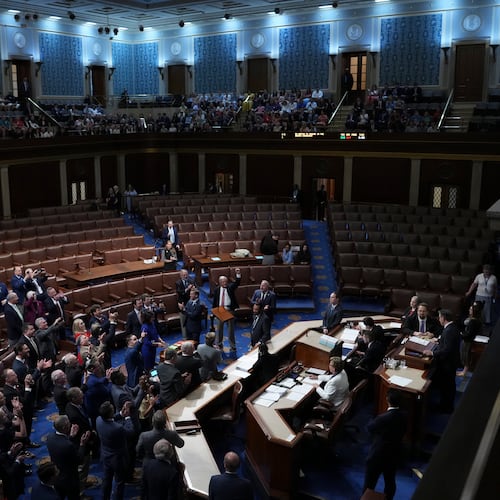Each of us has a favorite place outdoors — a grassy field, a trail, perhaps a stand of trees or maybe a playground or sports field.
And many of these places are part of a park, a place where we can get outside with our families. All these parks are vital to making Atlanta a better place to live.
Recently, the Trust for Public Land released its first-ever ParkScore, a ranking of the park systems of the nation’s 40 largest cities.
Not a subjective ranking, it is based on detailed, specific data the Trust for Public Land has gathered.
What we found: Atlanta’s park system ranks 26th among the nation’s large cities.
While many of the city’s residents live within a 10-minute walk of a park, only 5.6 percent of Atlanta land is in parks, which is about half the national average.
Some historical perspective is in order here. In 2000, the Trust for Public Land found in research on parks in the nation’s 25 largest cities — a predecessor effort to ParkScore — that Atlanta didn’t fare well, ending up near the bottom of the list.
To their credit, Atlanta’s leaders used the report as a catalyst to improve the city’s park system.
When Shirley Franklin was elected mayor in 2001, one of her commitments was to improve Atlanta’s parks. One vehicle for achieving that goal was the creation of the Atlanta Beltline, where the Trust partnered with the city to acquire significant land for future park use.
And the city’s residents responded, too. Park Pride, which had been created in the 1980s, became more effective and took a leading role among the city’s park advocates.
The results since that first report? Among the most impressive in the country.
Atlanta went from 3.7 percent parkland to 5.6 percent parkland, and from 7.8 acres per 1,000 persons to 11.4 acres per 1,000 in a decade.
It’s fair to say that no comparable city has had that kind of improvement.
While much has been achieved in the past 12 years, the ParkScore ranking shows that there is still work to be done.
Mayor Kasim Reed realizes that, which is why he proposes a 40 percent increase in the city’s green space, and the addition of 1,300 more acres of parks.
The Trust for Public Land will be right there, helping the mayor and our fellow residents do the job.
Celebrating our 40th anniversary this year, TPL’s work in Georgia has ranged from acquiring and conserving 2,200 acres of Cumberland Island, adding land to the Martin Luther King Jr. National Historic Site, purchasing the lands that have become the Historic Fourth Ward Park, and saving 76 river miles along the Chattahoochee River as parks and recreation areas.
We know Atlanta is already a very special city.
We look forward to continuing our work with neighbors and partners to build the nation’s greatest system of city parks here.
Curt Soper is the Georgia director of the Trust for Public Land, a national conservation organization. For more on ParkScore, visit Parkscore.tpl.org.
About the Author
Keep Reading
The Latest
Featured


